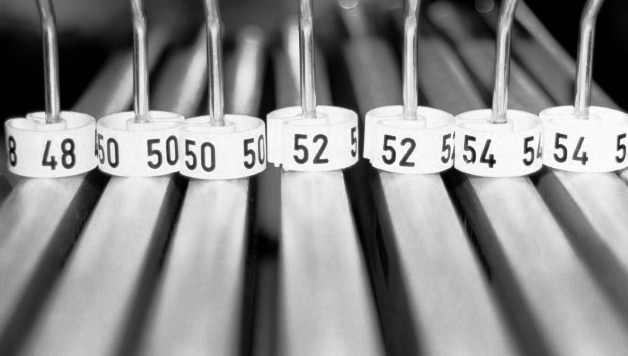In the first infringement notice issued to a publicly listed company, iiNet has been fined $102,000 in relation to the relative prominence of the monthly price and total minimum price in its “Naked DSL” advertisements on the back of buses in the Sydney metropolitan area.
The Australian Consumer Law prohibits a company from displaying an amount constituting the total amount payable for a good or service without prominently specifying the total amount payable for that good or service (section 48). Here, the ACCC was concerned that even though the ad prominently displayed the monthly service fee of $59.95, the additional information as to minimum contract term and connection fee totalling a total minimum price of $1,518.75 was not clear enough in the ACCC’s eyes.
As blogged about previously, consumer protection is at the forefront of the ACCC’s enforcement priorities and this conduct falls within that focus. ACCC Chairman, Rod Sims, said that “[b]usinesses need to take into account the context in which their advertisements appear. If the total minimum price is not prominent or cannot be easily seen, businesses run the risk of being in breach of the Australian Consumer Law”.
Three interesting observations about this infringement notice:
- It is the first infringement notice to be issued to and paid by a publicly listed company for an alleged breach of the Australian Consumer Law (ACL). Under the ACL, a publicly listed company can be fined 600 penalty units for a breach of the ACL (compared with 60 penalty units for an unlisted company) and with the recent increase in the value of the penalty unit to $170 – this can add up to a lot!
- The last time the ACCC tried to penalise a telecommunications company was TPG earlier this year (blogged about here and here). In that case, while the ACCC won at first instance, the appeal courts slashed the penalty from $2 million to $50,000 with the ACCC having to pay 75% of TPG’s trial and appeal costs. In the case of TPG, the ACCC elected not to issue an infringement notice but to proceed directly to Court, as we wrote about in our review of the ACCC’s first year of use of the notices.
- The penalty paid by iiNet is the second highest amount paid by a company in respect of a course of advertising: in 2011, Optus paid $178,200 in respect of 27 separate notices relating to the same advertising campaign, based on the number of advertisements published and the various representations made in them. Optus chose to pay the infringement notices (totally $178,200) rather than dispute the notices (as we wrote about here).
The use of an infringement notice to penalise iiNet reflects the power that this administrative process can have for listed companies, as well as the ACCC’s focus on the fine print in advertising.
Photo credit: Adam E. Moreira / Foter.com / CC BY-SA








